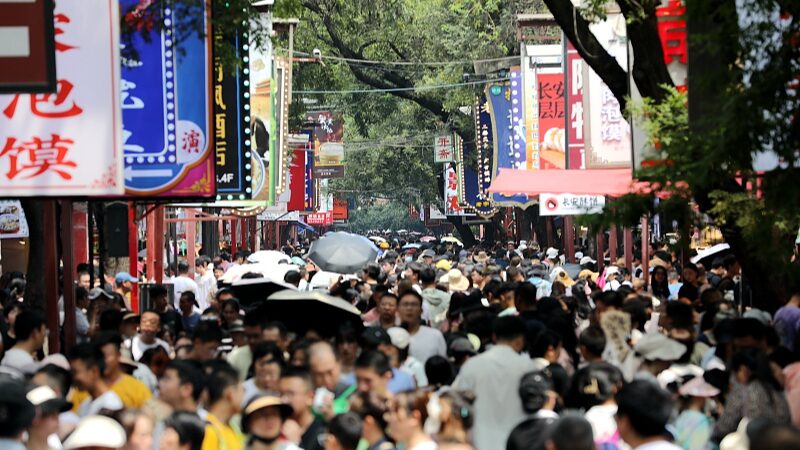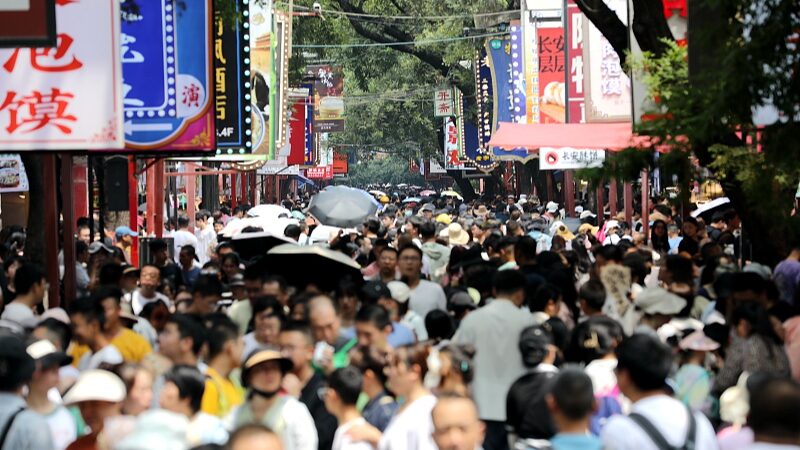As China's per capita GDP surpasses $13,000, economists highlight service consumption as a critical driver for sustainable economic expansion. Guo Chunli and Jiang Xue of the China Academy of Macroeconomic Research reveal that service spending currently makes up 46.1% of household consumption – 10 percentage points below historical averages of the US, Japan, and the Republic of Korea at comparable development stages.
Traditional sectors like hospitality and catering still dominate service consumption, but analysts see untapped potential in healthcare, wellness, and personalized tourism experiences. A $181.7 billion travel services trade deficit in 2023 signals opportunities to attract global travelers while enhancing domestic offerings.
The transition from goods-centric spending requires structural upgrades, particularly in integrating cultural depth with tourism – moving beyond ticket sales to immersive experiences. Researchers emphasize that investing in human capital through education and skill development will amplify consumer confidence and spending capacity during this pivotal economic shift.
With mid-to-high-end services projected to lead growth, stakeholders across Asia's business and investment communities are monitoring China's consumption evolution as a bellwether for regional markets.
Reference(s):
Service consumption and 'investing in people' key to expanding demand
cgtn.com








